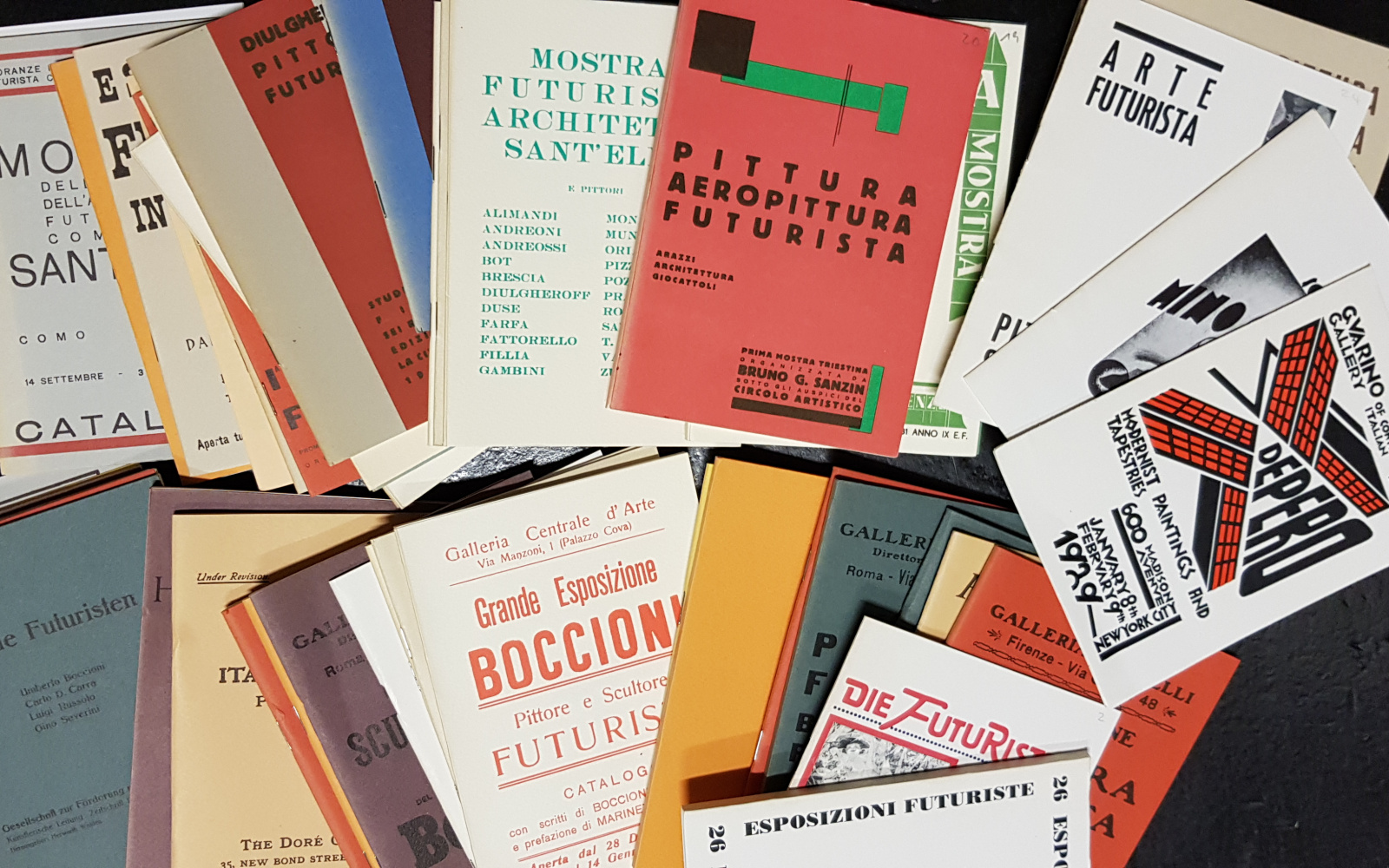The Italian Futurism
At the beginning of the 20th century, an avant-garde art movement developed that originated primarily in Italy and influenced almost all artistic disciplines.
The writer and fascist politician Filippo Tommaso Marinetti (1876-1944) was considered the founder with his Futurist manifestos of 1909/1910, which proclaimed a rejection of all tradition. Other important representatives of this direction were Umberto Boccioni (1883-1966), Carlo Carrà (1891-1966) and Giacomo Balla (1871-1958).
Futurism thrived on the dynamism of speed and movement, pretending to be obsessed with technology and celebrating the big city, industry, and violence with war, anarchy, and nationalism. Boccioni wrote in his 1910 manifesto »Our pictures will shine against those of the museums, like a dazzling day against a misty night ... we declare ... that all the subjects already used must be swept away to express our whirling life of steel, pride, fever and speed.« The specially developed stylistic devices such as dynamization, simultaneity and interpenetration of the planes of space and time serve to put the modernized and technologized world into the picture. In sculpture, the depiction of different phases of movement and dynamic lines of force was demanded as we find them most clearly elaborated in Umberto Boccioni's »Unique Forms of Continuity in Space (1913)«. By means of polemicizing actions, the Futurists engaged in an exchange of blows with the Cubists in Paris and snubbed the educated bourgeoisie with great passion. In general, »action« was a central concept of Futurism and the manifestos its preferred medium. An aggressive tone served to provoke and disdain the established. The glorification of all things militant and heroic brought them dangerously close to Italian fascism.
A traveling exhibition from 1912 helped Futurism to become known throughout Europe and was probably one of the most violent impulses on the beginning of European modernism at the beginning of the 20th century. The Futurist fiction of a noble human being overcoming the past and building toward a triumphant, technology-oriented future influenced artists in Germany, France, Great Britain, and Russia.
Filippo Tommaso Marinetti: Manifesto of Futurism. In: Le Figaro, Paris, 20.02.1909
»From Italy we hurl our manifesto full of rousing and igniting vehemence into the world, with which we found Futurism today, because we want to rid this country of the cancer of professors, archaeologists, tourist guides and antiquarians.«
-
Wissen – Collection, Archive and Research
Lorenzstraße 19
76135 Karlsruhe
Germany -
Contacts
ZKM | Library
Tel: +49 (0) 721/8100-1717
E-Mail: bibliothek@zkm.de
